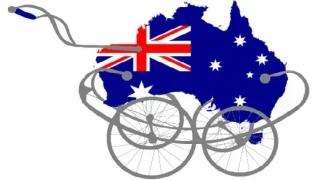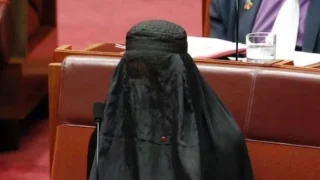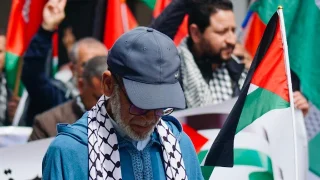
The lack of private property rights on communal title land has prevented Aborigines and Torres Strait Islanders from becoming homeowners. Even for those who can afford to purchase a house, banks will not provide financing for home loans without legal title over land. But the choice to become a homeowner should be available to all Australians regardless of who they are or where they live.
Private homeownership provides benefits and responsibilities that are absent from communal land ownership and public housing. Owning a home may provide the incentive to get a job, stay in employment, or look for a better paying position.
Recognising the benefits of homeownership, the Commonwealth government established a Home Ownership on Indigenous Land (HOIL) program to enable even low income Aborigines and Torres Strait Islanders to purchase a home. But three years after it was initiated, only one HOIL loan has been granted. For the HOIL scheme to be properly implemented, individual land tenure arrangements need to be established.
To allow individual ‘ownership’ of land, the Howard government introduced 99-year leases over communal title land in the Northern Territory. But these head leases were to be held by the government and not communities. Fearing this was a ploy to take away their land, few Indigenous communities have taken up leases.
The Rudd government has put the 99-year leases on the backburner, and is instead ‘encouraging’ traditional owners to sign agreements for ‘block’ or ‘housing’ leases for shorter periods of around 40 years. These leases are being used to provide security of title for new public housing but not private homeownership.
Though it may be appropriate for some low income families, public housing should not be the only option for Indigenous people living on community title land. During the last 30 years, governments have spent billions of dollars on public housing in Indigenous communities without fixing the appalling condition of housing.
The cost of building public housing in the Northern Territory ranges from $400,000 to $900,000, but the market value of these houses is much lower. Current government programs for the resale of publicly constructed houses for private ownership only appear to make sense for purchasers of old, derelict houses valued at $80,000 or so. If new public housing is made available for Aborigines and Torres Strait Islanders to purchase, then it will have to be heavily subsidised to be an affordable option. Nor should the purchase of publicly built houses be the only, or even principal, way that Indigenous families can acquire their own homes.
In Queensland, 99-year leases involve charging traditional owners to lease their own land. This is likely to be a further disincentive for homeownership. Indigenous families are unlikely to build their own homes because the subsidised rents charged for new, publicly constructed houses are considerably lower than what mortgage payments would be.
Historically, simply converting rents into mortgage repayments has not made Indigenous owners more engaged in or committed to the maintenance and protection of their homes. Unfortunately governments appear set to repeat the failed policies from the past. Instead of putting millions of dollars into more public housing and then selling them below cost, governments should step back and enable communities to decide how to lease their land.
Head leases held by communities could operate like company title with eligibility rules for membership. Communities, along with local governments, could draw up town plans setting aside areas for public, residential or commercial use. With security of tenure for homes, the HOIL scheme could be extended by shifting funding from public housing to subsidise private homeownership. In time, Aborigines and Torres Strait Islanders will be able to reap the benefits that leasing their land and private homeownership will bring to their communities
Sara Hudson is a Policy Analyst in the Indigenous Affairs Research Program at the Centre for Independent Studies. Prior to joining the CIS, Sara worked as a policy adviser for the NZ Department of Labour, and in the Evaluation Unit of NZ Police. She has a Bachelor of Arts with first-class honours in criminology and anthropology from Victoria University, Wellington.










